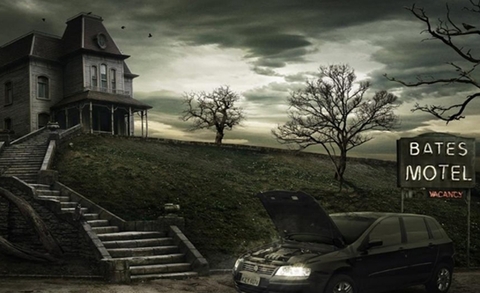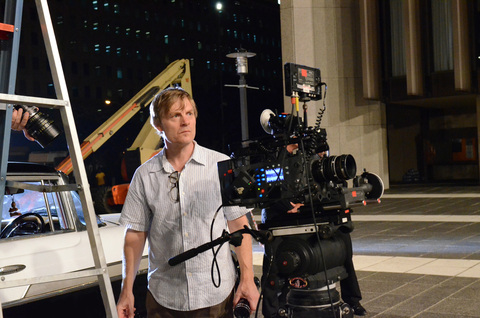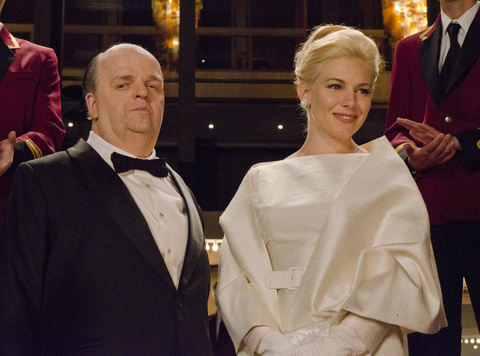The Light from the TV Shows: The Prequelization Principle
You know you’re a real fan of “Psycho,” Alfred Hitchcock’s 1960 film adaptation of Robert Bloch’s 1959 novel, if your first reaction to hearing about A&E’s new series, “Bates Motel,” which premieres on March 18, was to grumble, “They’ve already done a TV show called ‘Bates Motel.'”

True enough: in 1987, NBC aired a TV movie called “Bates Motel,” which starred Bud Cort as Alex West, a fellow with a few mental troubles who shared some quality time with Norman Bates in the state insane asylum and, as a result, finds himself the beneficiary of the Bates Motel in Norman’s will. The intent was to use the movie as a backdoor pilot for a weekly anthology series of sorts, following the lives of individuals passing through as guests of the motel, but when ratings for the movie proved disappointing, the plan for the series was abandoned.
But A&E’s “Bates Motel” isn’t a retread of that premise. Instead, it’s a prequel, revealing how Norman Bates became the kind of guy who’d grow obsessed with his mother that he’d take on her identity on occasion and kill anyone who looked at him sideways.
Oh, wait, you say that’s already been done, too?
Yep, it sure has: in 1990, Showtime produced “Psycho IV: The Beginning,” which pointedly ignored the aforementioned TV movie and showed a very-much-still-alive Norman (Anthony Perkins) calling into a radio talk show about – what are the odds? – matricide, using the conversation as a framing device to flash back to his youth and reveal the bond between Norma Bates (Olivia Hussey) and her son (played by Henry Thomas). It doesn’t exactly hew 100% to the continuity established by the preceding three films, but as a standalone film for casual fins, it holds up relatively well, thanks in no small part to Perkins’ performance.
Actually, A&E’s “Bates Motel” isn’t a retread of that premise, either. Not really, anyway. I mean, yes, it starts at approximately the same point in Norman’s life, and the general idea is the same, in that it’s looking into all the Oedipal-ness of the Norma/Norman relationship. This time, though, it isn’t a period piece. For better or worse, it takes place in present day, which means that it’s arguably not a prequel at all but, instead, more of a complete reboot of the franchise.
Don’t worry, though: the Bates Motel itself still looks just as decrepit and foreboding as ever.
But, of course, “Bates Motel” is far from the first occasion of an existing property has been turned into a prequel for TV. Heck, it’s not even the first time it’s happened in 2013!
You can follow us on Twitter and Facebook for content updates. Also, sign up for our email list for weekly updates and check us out on Google+ as well.
Posted in: Entertainment, News, Television
Tags: A Pup Named Scooby-Doo, Anthony Perkins, Bates Motel, Battlestar Galactica, Bonanza, Caprica, Carlton Cuse, Clifford the Big Red Dog, Clifford's Puppy Days, Freddie Highmore, Hercules, Indiana Jones, Jungle Cubs, Max Thieriot, Mike Vogel, Muppet Babies, Nestor Carbonell, Nicola Peltz, Olivia Hussey. Bud Cort, Ponderosa, Psycho, Psycho IV: The Beginning, Scooby-Doo Where Are You?, Sex and the City, Star Trek, Star Trek: Enterprise, Star Wars, Star Wars: Droids, Star Wars: Ewoks, The Carrie Diaries, The Flintstone Kids, The Flintstones, The Jungle Book, The Light from the TV Shows, The Little Mermaid, The Muppet Show, The Muppets, The Young Indiana Jones Chronicles, Vera Farmiga, Will Harris












